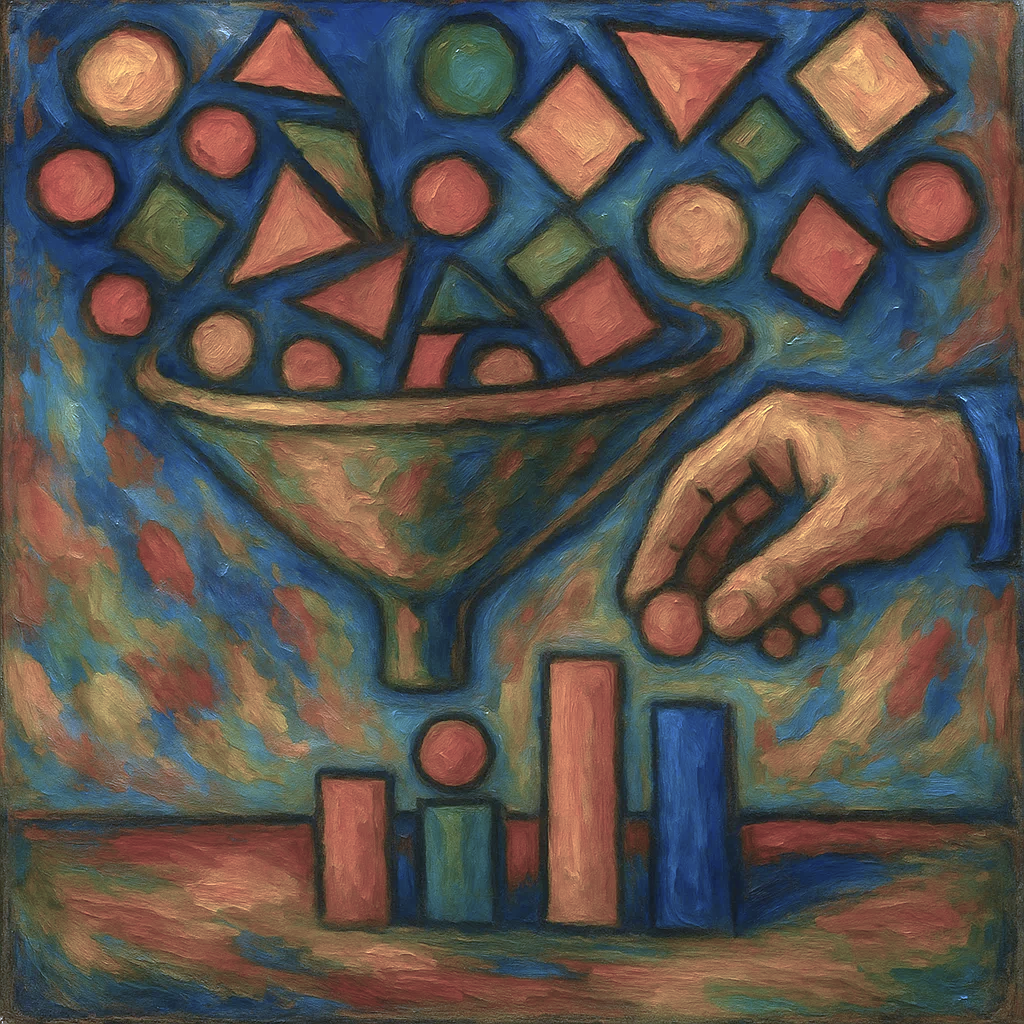Criticism must be based on facts to contribute to improvement
A former aid adviser criticizes both aid organizations, Norad and Long Term for defending themselves rather than providing answers. But without truthful stories, there is little to answer.

AI-generated illustration from Midjourney
Main moments
First, let us state that it is good that aid is being debated. Criticism and reflection are absolutely necessary to develop aid, and in the long term we have several times pointed out the need for extensive improvements.
But for debate to contribute to progress, it must be based on representative narratives and facts -- not myths. Wherefore We criticized that Trondsen and Kong got column space in Aftenposten. That prompted former aid adviser Hans Peter Melby to react in Panorama.
Most of the aid works
No one has ever claimed that all aid is good, or that all aid produces good results. Yes, there are projects that fail just like in other sectors, but they are not evidence that aid as a whole doesn't work. Data tells us that it is rather the opposite.
In 2023, 9 out of 10 projects funded by the World Bank's Fund for the Poorest (IDA), one of Norway's largest partners, assessed to have satisfactory results.
Criticism of aid would be far more valuable if it sought to propose solutions rather than reduce a complex reality to simple, negative narratives. A good problem description is a good starting point, but not enough. And Trondsen and Kong didn't even get out from the start.
We ourselves have criticized a lot, but also proposed a number of concrete changes, including to use the assessment instructions;, Greater investment in knowledge, more effective organisation of multilateral assistance, or more money for strengthening health systems and vaccines, social safety nets and cash transfers.
From Polarization to Constructive Criticism
When we discuss school policy, it's about how we can get better results -- not whether or not education has an effect. This despite the fact that many educational initiatives have a bad effect, and that many have experienced that school was a negative experience for them. And no debate about health care starts with the question of whether health care works, even though many treatments and surgeries has questionable effect. This only leads to polarization and discord.
Although there are many examples of failed aid projects, as Trondsen points out in Aftenposten, we challenged the usefulness and relevance of the criticism.
Similarly, one might say of Melby's answer: There is no doubt that Elinor Ostrom's evaluation of Swedish aid in 2001 put the spotlight on important challenges then. But it is equally important to recognise how far aid has come since then, after all, it was over 20 years ago -- and the world has thankfully moved forward.
We are rooting for a real, constructive discussion about how we can make aid even more effective and results-oriented. The NGOs should join in on this one, and preferably with a self-critical eye. It's needed.
But for such a debate to have value, it must be balanced, truthful and build on documentation. Criticism is valuable -- as long as it is based on facts. Here, several of the posts in this debate have a lot to go on.
Creating progress for millions of people living in poverty is about purposeful effort, systematic work and a learning curve that requires adjustments and continuous improvement. It's demanding work, but precisely why it's important -- to ensure that effort actually makes a difference where it's needed most.
More from Langsikt

Input to the strategy for Norway's cooperation with the World Bank
Norway should see its cooperation with the World Bank, particularly IDA, as more than an aid tool - it should be part of our long-term strategy to contribute to a stable and resilient world with less inequality and less poverty. Here are nine inputs on how.

Norwegian aid can accomplish much more if it is prioritized correctly. Here are suggestions on how
Below are two proposals for structural measures in the aid budget, and then two concrete budget amendments that can save free up room for action for new initiatives (a total of NOK 1 billion in 2026).

Input to Development Minister in Light of Global Aid Cuts
Global aid cuts must have consequences for Norwegian priorities.

The death of the aid percentage: An analysis of what Norwegian aid goes to
Never before has the share of Norwegian aid going to poverty reduction and development been lower.